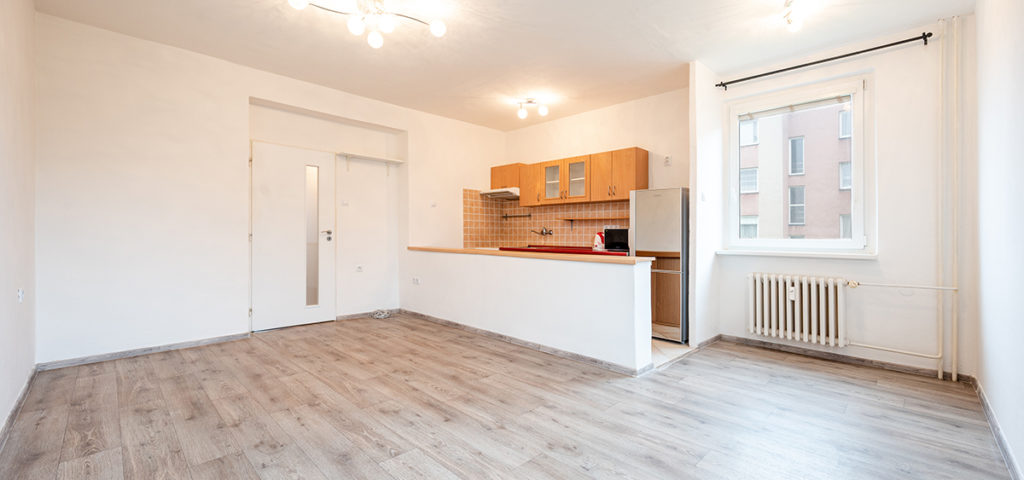Many Quebecers will receive a notice of repossession or eviction in the next few weeks. What do you need to know if you are a tenant and you have received a notice saying that you must leave your dwelling?


Moving someone into your unit
Your landlord can take back your apartment to:
- live in it themselves
- house their children or parents
- house any other relative or in-laws for whom they are the main breadwinner, such as a mother-in-law or son-in-law
- to house their former married or civil union spouse from whom they are separated or divorced, but for whom they are the main breadwinner.
This is called “repossession”.
To repossess your home, your landlord must send you a Notice of Repossession. The notice must be in writing, contain specific information, and be received by a certain time. For example, you must receive your landlords notice of repossession by the end of December if your lease ends on June 30.
For more information, see our article Repossession of Rental Housing.
Carrying out a project in your home
Your landlord may require you to vacate your unit in order to carry out one of the following projects:
- subdivide the unit (e.g., convert an 8-room unit into 2 four-room units)
- demolish the dwelling (e.g., convert a duplex into a single-family home)
- significantly expand the dwelling (e.g. add a room to the dwelling)
- change the use of the dwelling (e.g. transform a dwelling into a commercial office).
To force you to vacate, your landlord must send you a written eviction notice that contains certain specific information. The notice must also be received by a certain time. For example, you must receive your landlord’s eviction notice by the end of December if your lease ends on June 30.
For more information, see our article on Eviction.







